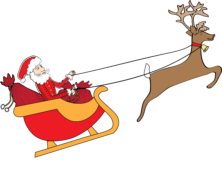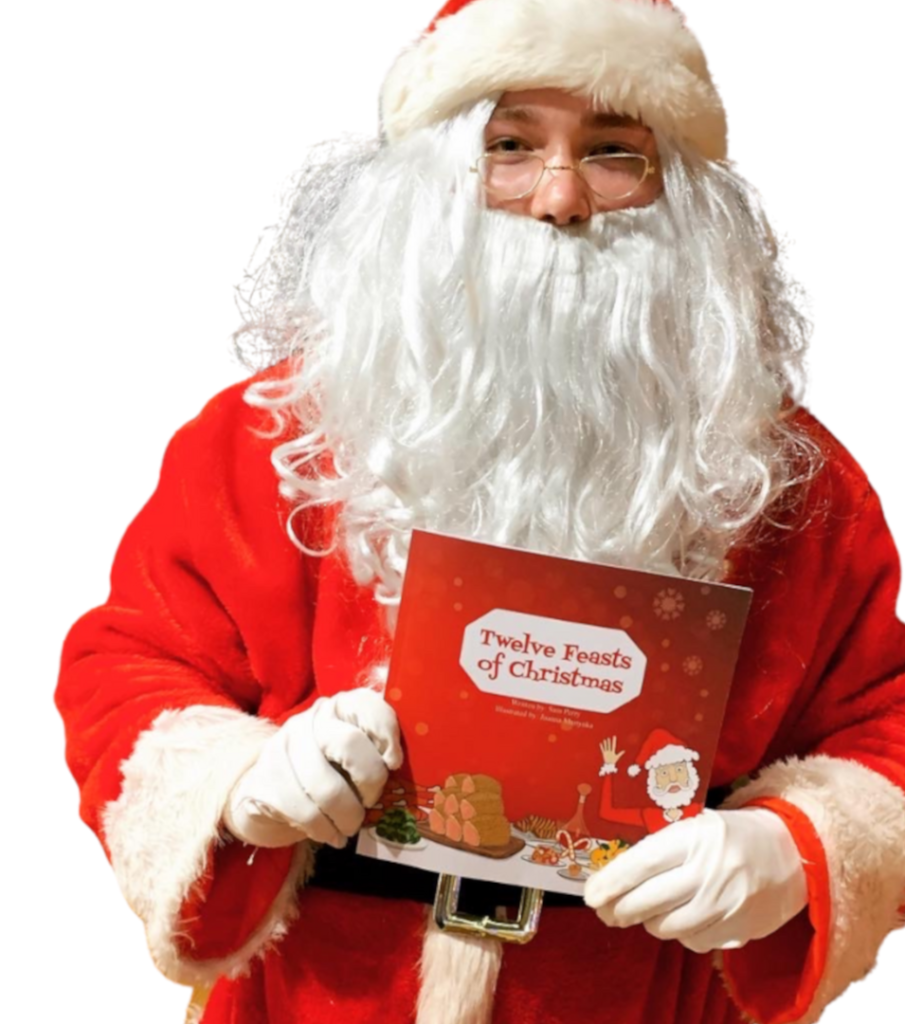The 25th of December was a public holiday in the first half of the 17th century, and all businesses were closed. People flocked to special church services, and public spaces were decked out in holly, rosemary, and ivy. Dancing, singing, drinking, and gift-giving were all part of the festivities. Roast beef and mince pies were popular holiday fare. But in 1647 Christmas was banned in England, a ban that lasted for nearly 20 years, and sparked a Civil War.
The Puritan government imposed the ban in 1647 because they believed Christmas was being used as an excuse for drunkenness, promiscuity, gambling, and other forms of excess. They also saw such celebrations as being too closely associated with Catholicism at a time when Catholics were viewed with suspicion at best, and hated and persecuted at worst. Whilst the 1647 Christmas ban was one of the longest, it wasn’t the first Christmas ban.
In 1640, Presbyterians in Scotland made Christmas illegal.
In January 1642, Parliament passed and King Charles signed legislation establishing a monthly day of prayer, repentance, and fasting. Such days were not uncommon in the Early Modern World; when times were tough, communities and even nations were frequently asked to spend such days fasting and praying in the hope of Divine intervention to end their troubles. The last Wednesday of each month in England and Wales was set aside for this purpose by law in 1642.




















